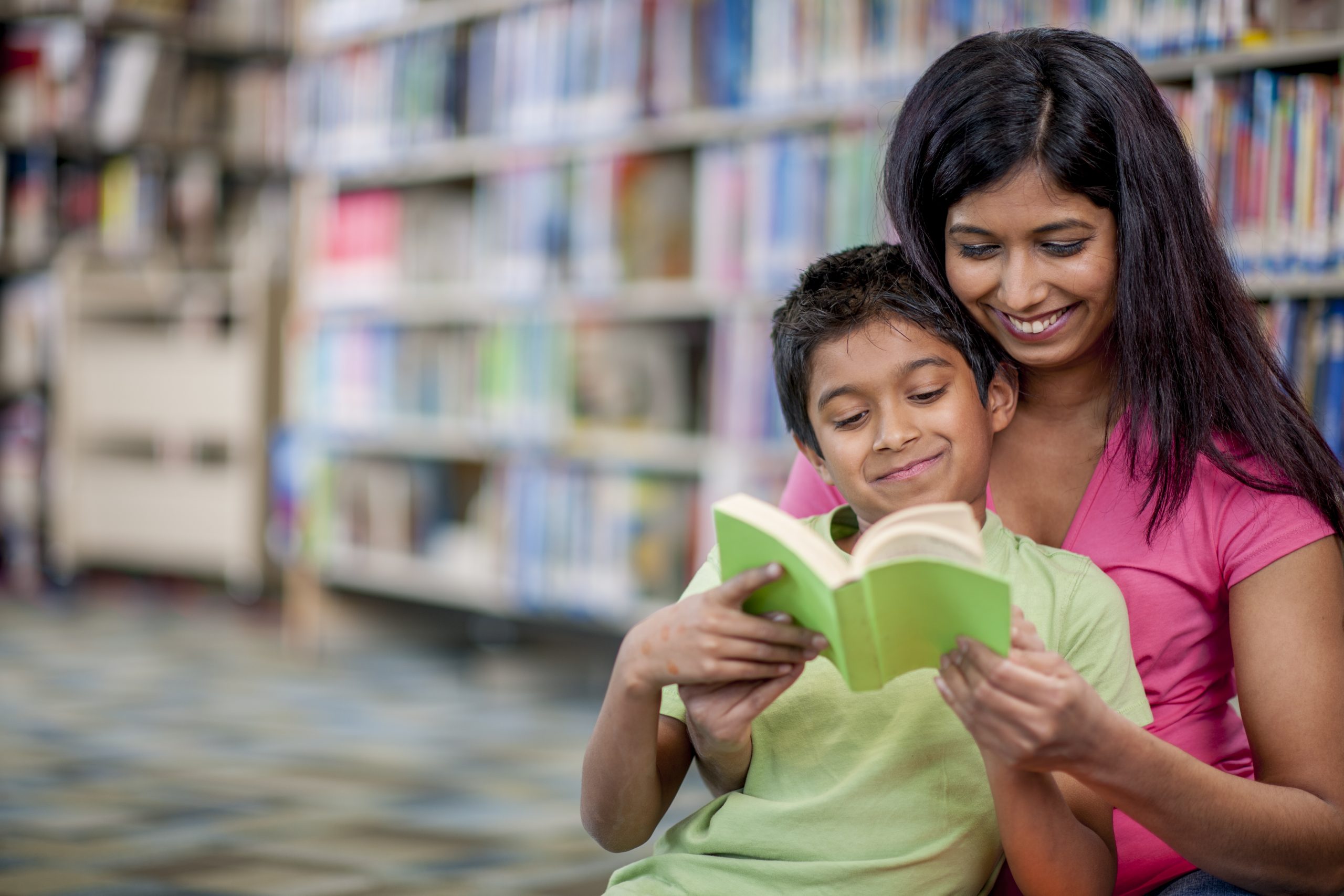
How to enhance your vocabulary: Strategies for students, parents and teachers
Building a strong vocabulary is an essential part of the language learning process, as it contributes towards effective communication, academic success, and personal growth. There are many strategies that students, parents and teachers can employ to expand word power and enrich students’ vocabularies.
1. Read extensively: One of the most effective ways to build vocabulary is through reading. Engaging with a variety of texts – fiction, non-fiction, essays, articles, and blog posts exposes learners to new words in context. Parents and teachers should encourage students to explore different genres, including poetry to encounter diverse vocabulary that they can use in everyday conversations. Parents and teachers could read aloud to help young learners familiarise themselves with a wide new range of vocabulary. When parents read aloud to children, they set a precedent and foster a love for reading, reducing screen time for children. This would also help to introduce new concepts and ideas to children.
2. Use Vocabulary Journals: Vocabulary journals are powerful learning tools. Students can write down every new word they encounter in the journal, along with details such as definitions, the part of speech (or different ones that the same word can be used as), synonyms, antonyms, and sentences that illustrate their use. Making this a regular practice helps to reinforce memory, organise learning and encourages active engagement with the language. Students can also illustrate their journals to make it look more attractive and also provide a visual representation of their understanding of the words.
3. Play word games: Incorporating word games such as crossword puzzles, Scrabble or boggle, can make vocabulary building fun and interactive. These games challenge students to think critically about word formation and usage while enjoying their study routines.
4. Engage in meaningful conversation: It is important to engage in regular conversations with parents and teachers so that children can use their newly learned words in order to better retain them. Context- based conversations also help children to talk about the new words that they have learned and helps parents and teachers to explain their meanings and provide examples to the students in real world scenarios.
5. Create a supportive environment: Both parents and teachers should foster an environment where students feel comfortable asking questions about words they don’t understand. At school, teachers could display vocabulary words definitions and examples prominently in the classroom to create a word rich environment. They could also promote reading by providing a variety of high interest books at different reading levels in the classroom. In addition to this, they could employ a range of strategies, such as word walls, semantic maps and context clues to help students learn and retain new vocabulary. Parents and teachers could work closely to reinforce vocabulary development at home. And teachers could provide resources and strategies for parents to support their child’s language growth.
6. Participate in competitions: The National education policy (NEP) emphasises holistic education and language development. Participating in competitions are an effective way to develop critical thinking skills, encourage cultural competence, and lifelong learning. Competitions such as Spell Bee play a significant role in vocabulary building by providing a fun and engaging platform for students to enhance their language skills. It motivates them to learn new words and improve their spelling skills in the process. It also involves group activities and discussions, fostering collaboration among students. The competitive nature of Spell Bee encourages participants to study diligently reinforcing their vocabulary knowledge.
Students also use dictionaries to learn the spelling, pronunciation and meanings of words while preparing for the Spell Bee.
Enhancing vocabulary is a collaborative effort that involves students, parents and teachers. By fostering a love for reading, engaging in conversations, utilising dictionaries and participating in competitions like Spell Bee, students build a vocabulary. Through this, they not only improve their communication skills, but also unlock new opportunities for learning and personal growth, aligning with the vision of the NEP for a holistic education.

